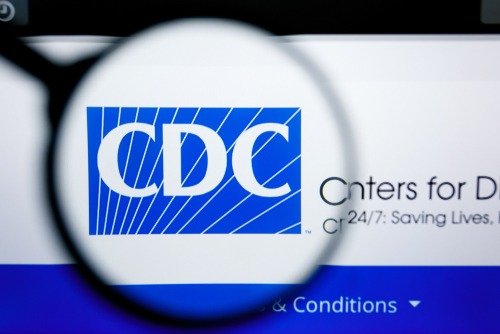
Although a United States Food and Drug Administration (FDA)-approved prescription medication, the Centers for Disease Control and Prevention (CDC) issued a warning last week that the drug ivermectin is not meant to be used for prevention or treatment of COVID-19.
Failing to heed that warning could come with dangerous consequences. According to the CDC, the drug — meant to treat certain infections caused by parasites — is generally safe and well tolerated when used as prescribed, but with its increased dispense and use during the COVID-19 pandemic, reports of severe illness associated with its use are rising rapidly: three-fold as of January and five-fold in July.
Put another way: a recent study from the IQVIA National Prescription Audit Weekly database noted that dispensing of the drug from U.S. outpatient retail pharmacies rose from 3,600 prescriptions per year before the pandemic to a peak of 39,000 prescriptions per week as of Jan. 8, 2021. Earlier this month, the figure surged again, to 88,000 prescriptions per week.
As a result, there have been increases in toxic effects and resulting needs for poison control, emergency rooms and hospital trips. The issue is that many people have begun taking the drug from retail pharmacies and veterinary formulations not intended for human use. Ivermectin is not authorized or approved for prevention or treatment of COVID-19 by the CDC, FDA or any other organization.
Ivermectin overdose can result in nausea, vomiting, diarrhea, confusion, seizures, coma and death, and can exacerbate the effects of other drugs with effects on the central nervous system.
Therefore, the CDC issued a health advisory noting that the public should not swallow ivermectin products meant for use on the skin or those formulations not meant for human use. Side effects from use should be met with a call to poison control immediately. Most importantly: the drug is not a proven way to counter COVID-19, and rather than taking it, the CDC urges the public to get vaccinated instead.

